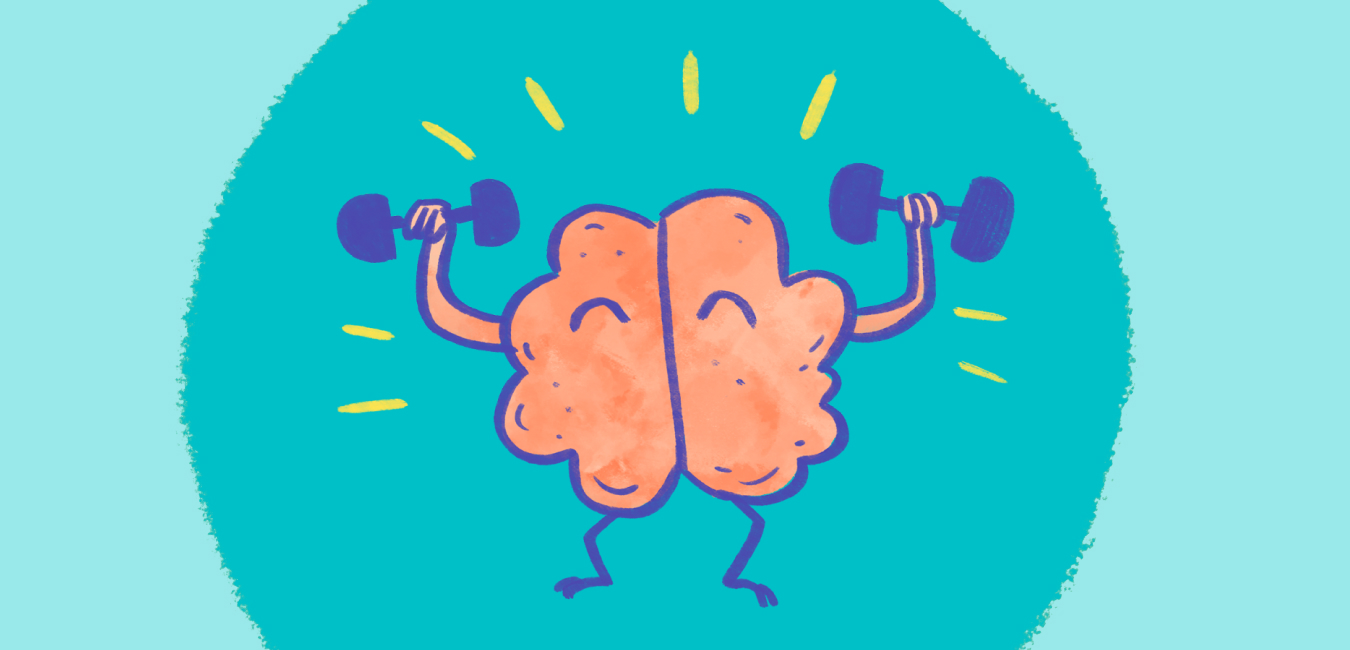
The benefits of exercise for mental health
Shining a light on how physical activity helps your emotional health
While the benefits of exercise for our physical health are well known, it’s perhaps not as well understood how much exercise helps our emotional health as well. Studies have shown that daily walking for 60 minutes, or running for 15 minutes, can reduce the risk of major depression by 26%.
With 1 in 5 Australians experiencing mental illness every year, it’s important for us all to be talking about the benefits of exercise for mental health.
What are the benefits?
Working exercise into your daily routine can support your self-care strategies by boosting your mood, helping you reconnect with those around you, aiding concentration and improving your physical health.
Physical activity can help your emotional health in a variety of ways. Benefits include:
- causing the release of “feel good” chemicals in the brain, such as endorphins and serotonin, to improve wellbeing
- reducing feelings of isolation and loneliness by venturing outside into your community, or interacting with others in a group activity setting
- helping to improve your all-important sleep patterns
How much exercise should you do?
According to the Australian Government guidelines, adults aged 18-64 should aim for 2.5 to 5 hours of moderate intensity exercise per week.
Alternatively, completing 1.25 to 2.5 hours of high intensity activity per week, or mixing both moderate and high intensity exercise, can be an effective approach.
The guidelines also suggest building strength training into your routine, twice a week.
If you’re 65 or older, 30 minutes per day of moderate intensity exercise is advised for improved physical and mental health.
What exercises can you try?
It may sound daunting to meet the recommended amount of exercise each week, particularly if you’re currently not very active. However, if broken down to a daily level, meeting the minimum requirement means 20 minutes a day of moderate intensity exercise.
It’s important to remember that any physical activity is better than none, so start small. Aim for five minutes per day, and then slowly build up as you become more comfortable and settled in your new routine.
Some examples of moderate intensity exercise include:
- mowing the lawn
- a brisk walk
- a round of golf without a cart
- swimming
Increased daily incidental exercise is another way to feel the benefits of physical activity. By making small changes each day, such as taking the stairs rather than the lift, or choosing a carpark further away from your destination, you can have a big impact on your weekly activity levels.
When you’re ready to include strength training in your weekly routine, you can also keep it simple. It doesn’t require expensive and complicated equipment or gym memberships. You can comfortably complete your strength training at home, or outside at your local park, with exercises using only your body weight.
Some body weight exercises to try are lunges, push ups, tricep dips, or squats. Again, if needed, start with a small number of these exercises, and build up slowly.
If you have limited mobility, are injured, or experiencing pain, there are still ways of increasing your physical activity. Your GP is a good place to get some advice on exercises that suit your needs, or our Allied Health Professionals such as exercise physiologists or physiotherapists can also be wonderful resource.
How do you get started?
Firstly, be kind to yourself.
When managing mental illness, considering adding exercise to your daily routine may feel overwhelming.
There are some things you can do, however, to help you plan. Break bigger goals down into smaller ones, and feel the benefits of exercise sooner:
- start small – can’t face the thought of doing a 30-minute walk today? That’s ok, just try for 10 minutes instead
- plan for poor/hot weather – make a list of exercise options for when it's too wet or hot to go outside. Maybe a yoga session in your lounge room, a water aerobics class or a few laps of the supermarket might work instead
- keep yourself on track - making a walking date with a friend might be the extra motivation you need to put your runners on, and you get the added benefits of extra support and companionship
The Black Dog Institute has some further useful tips to help support you as you start out.
Who can help you?
As with any new exercise program, it is a good idea to speak with your GP first. They can provide you with appropriate support and advice, taking into consideration your personal circumstances and medical history.
When you’re ready to start your program but feel some extra guidance or support is needed, Five Good Friends have a range of services to help.
Providing transport to and from exercise classes or group activities, help with rehabilitation and recovery following an injury, arranging clinical pilates sessions or having one of our Helpers join you on a walk, are just a few examples of how we can support you.
Five Good Friends works as a team with you, your GP, and your support network to help make your exercise program and mental health easier to manage.
If you would like to find out more information on how we can help you experience the many benefits of exercise, you can speak to one of our Care Advisors on 1300 787 581.







